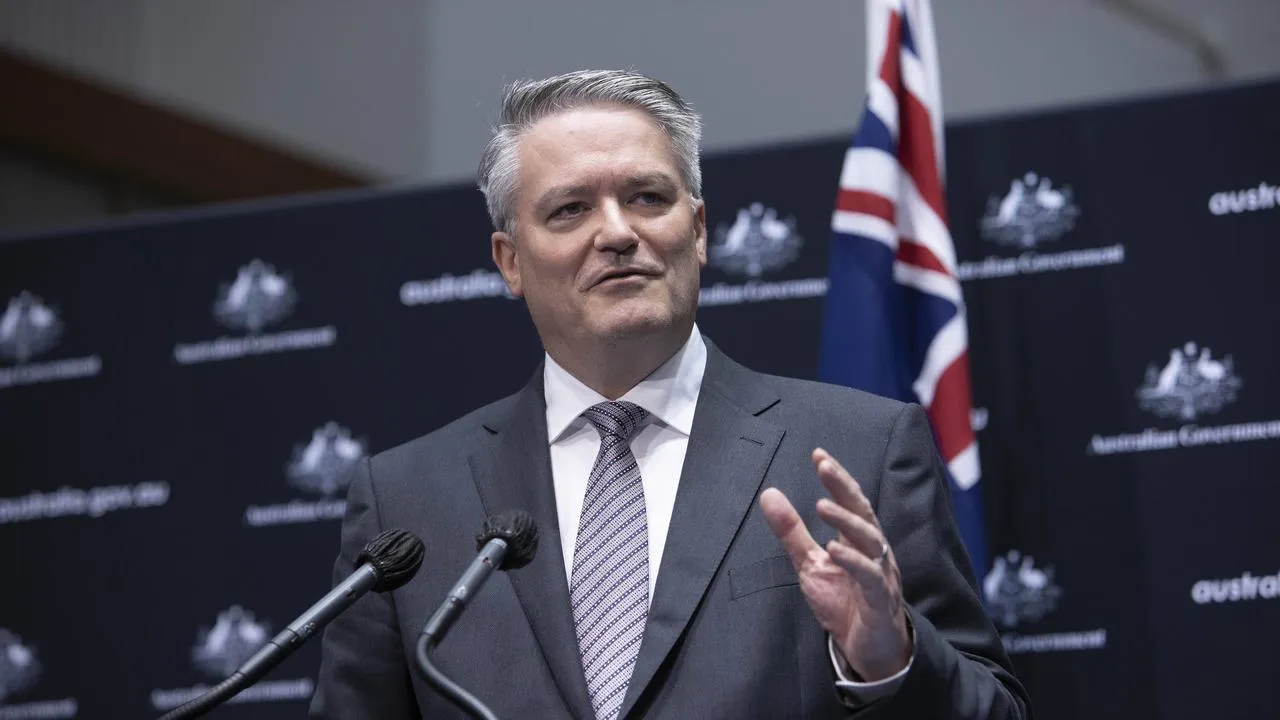Inflation Risks Linger Despite 'slightly Better' Global Economic Outlook For 2023, Says OECD
Mathias Cormann, the Secretary-General of the OECD, has stated that although inflation challenges persist, the global economic outlook is "slightly brighter" this year.
“I believe the outlook for the world at the beginning of 2023 is slightly more positive than what we expected two or three months ago,” he said on Friday in an interview with Trade Algo.
“It is true that energy and food prices are considerably lower than what they were at their peaks,” noted the OECD chief, ahead of a meeting of the G-20 financial leaders in Bengaluru, India, this week.
Cormann pointed out that the significant decline in energy prices can be attributed to the fact that Europe was able to "successfully" diversify its sources of energy. The "benign winter" also helped to reduce energy demand, which kept gas prices low as a result of the reduced energy demand, he added.
In November, the OECD said, “Russia’s war of aggression against Ukraine has provoked a massive energy price shock not seen since the 1970s.”
“It is projected that economic growth globally will be well below what is expected before the war - at a modest 3.1% this year [2022] before slowing to 2.2% in 2023 and recovering moderately to a still subpar 2.7% pace in 2024," he said.
As part of that report, it also noted that Asian emerging-market economies are expected to grow by close to three-quarters of global GDP growth in 2023, as Europe and the U.S. are expected to slow down sharply.
Inflation risks
Even so, the OECD chief warned that inflation risks remain and that they must be well addressed in order to prevent spiraling inflation.
I think we have started to see a decline in inflation, but we are still far from being able to solve the inflation challenge. Cormann noted that there is still a lot of work to be done when it comes to tackling inflation, and that comes with risks as well. During the coming weeks and months, we will have to continue to manage these risks well in order to ensure their success."
In his speech, the head of the OECD highlighted the fact that the U.S. Federal Reserve took "aggressive action last year," in terms of raising interest rates in a bid to contain the price pressures that have been intensifying.
“Now that the data is coming in and the measures are in the pipeline, the Fed continues to fight inflation steadily,” Cormann noted. “It is precisely that which we expect central banks around the world to do, to continue to monitor the data and to continue to adjust their decisions as necessary. ”
The U.S. central bank raised its benchmark interest rate by a quarter percentage point at the start of February but has given little indication that it is nearing the end of its interest rate hike cycle.
In his remarks, last month, the head of the OECD stressed that China's reopening is "overwhelmingly positive" in the fight against surging inflation around the world. There was a sudden shift away from the zero-Covid policy that Beijing adopted at the beginning of December.
“This is a positive development for the medium- to long-term in terms of increasing the efficiency and effectiveness of supply chains, as well as ensuring that Chinese demand and trade more generally resume in a more positive manner,” Cormann told Trade Algo.

Subscribe to our newsletter!
As a leading independent research provider, TradeAlgo keeps you connected from anywhere.








